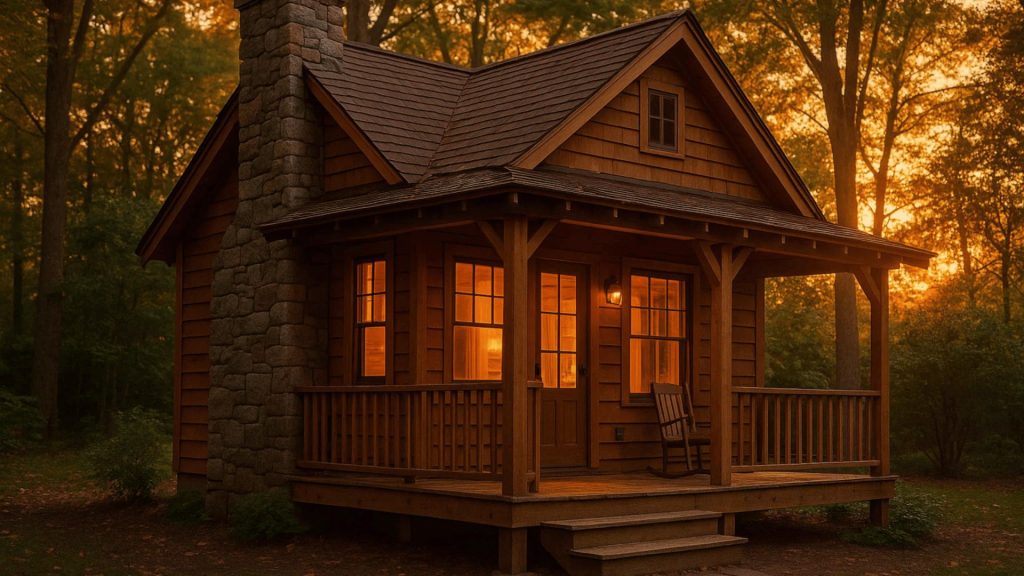An ADU is not a small undertaking. It requires design expertise, knowledge of local building codes, and skilled execution across multiple trades. A valid contractor’s license proves that the builder meets state requirements and is legally allowed to take on your project.
When you hire an unlicensed builder, you take on unnecessary risks. Work may be poorly done, unsafe, or not up to code, leading to costly repairs and potential legal issues. Worse yet, unlicensed contractors can leave you unprotected if something goes wrong. A licensed builder, on the other hand, is accountable to the state and required to carry insurance and bonding that safeguard homeowners.
Think of verifying a license as your first line of defense in making sure the builder is trustworthy and competent.
How to Verify an ADU Builder’s License in California
California makes it relatively simple for homeowners to confirm whether a builder is properly licensed. Here are the most reliable steps:
Step 1: Use the Contractors State License Board (CSLB) Lookup
The CSLB is the official authority in California that oversees and regulates contractors. They provide an online tool where you can look up a contractor’s license. By entering the builder’s name, company, or license number, you can access:
- License status (active, expired, revoked)
- License classifications (general contractor, specialty contractor, etc.)
- Bonding and insurance information
- Any disciplinary actions taken against the contractor
This is the fastest and most reliable way to confirm whether your ADU builder is legitimate.
Step 2: Ask for the License Number Directly
A professional ADU builder will have no problem giving you their license number. If a builder hesitates or makes excuses, that’s a clear warning sign. At Nestadu, we provide license information upfront because we value transparency and know it builds homeowner trust.
Step 3: Confirm Insurance and Bonding
Licenses are important, but they go hand in hand with insurance and bonding. Ask for proof of:
- General liability insurance: Protects you if damage occurs during construction.
- Worker’s compensation insurance: Ensures workers are covered in case of injury.
- Contractor’s bond: Acts as a safety net if the builder fails to complete the job properly.
A builder who cannot show proof of these protections should not be trusted with your ADU project.
Step 4: Check the Classification
Not all licenses are created equal. Some contractors hold specialty licenses for specific trades, while others are general contractors. Since ADUs require multiple skills framing, plumbing, electrical, roofing it’s best to hire a general contractor with experience specifically in ADU construction.

Step 5: Cross-Verify References and Reviews
While the CSLB provides the legal facts, it’s smart to cross-check those details with real-world experience. Look at reviews, testimonials, and completed projects to make sure the builder consistently delivers quality work.
Red Flags to Watch Out For
Sometimes, unlicensed contractors will try to slip through the cracks by making false claims. Protect yourself by knowing the warning signs:
- Builders who avoid giving you their license number
- Licenses that show as expired, suspended, or revoked on the CSLB site
- Contractors offering to use someone else’s license
- A proposal that seems far cheaper than others without clear proof of credentials
- Reluctance to provide proof of insurance or bonding
If you come across any of these issues, walk away immediately. It’s far less costly to start over with a reputable contractor than to deal with unlicensed work later.
Beyond the License: Other Ways to Vet Your ADU Builder
A license check is only the first step. To truly feel confident in your decision, consider these additional measures:
- Request client references: Speaking with past customers will give you insight into the builder’s reliability and professionalism.
- Visit completed projects: Seeing an ADU in person helps you evaluate craftsmanship and design.
- Review contracts carefully: A professional builder will provide clear, detailed contracts without hidden terms.
- Check for ADU expertise: Building an ADU is not the same as a basic remodel. Experience in zoning laws, permitting, and ADU design is key.
These steps combined with a license verification give you a full picture of who you’re hiring.

Why Choosing a Trusted Licensed ADU Builder Like Nestadu Matters
At Nestadu, we understand how much is at stake when you build an ADU. Your project is not just about square footage it’s about adding value, comfort, and functionality to your property. That’s why we proudly maintain full licensing and insurance in California.
Our team has years of experience specializing in ADU construction, from in-law suites to backyard cottages. We don’t just meet state requirements we go above and beyond to deliver results that homeowners can trust. With transparent pricing, a focus on craftsmanship, and a record of successful projects, Nestadu gives you peace of mind that your ADU is built to the highest standards.
When you verify our license through the CSLB, you’ll see proof of our legitimacy and dedication to compliance. This is the foundation of the trust we build with every client.
Conclusion
Verifying an ADU builder’s license is one of the most important steps you can take before starting your project. By using the CSLB lookup, requesting the license number directly, confirming insurance and bonding, and checking classifications, you can protect yourself and your investment.
Remember to stay alert for red flags and dig deeper by reviewing references and past work. Choosing a licensed and experienced ADU builder ensures your project is legally sound, structurally safe, and built with care.
If you’re ready to build your ADU with confidence, Nestadu is here to help. As a licensed ADU builder in California, we combine expertise, craftsmanship, and transparency to bring your vision to life.

